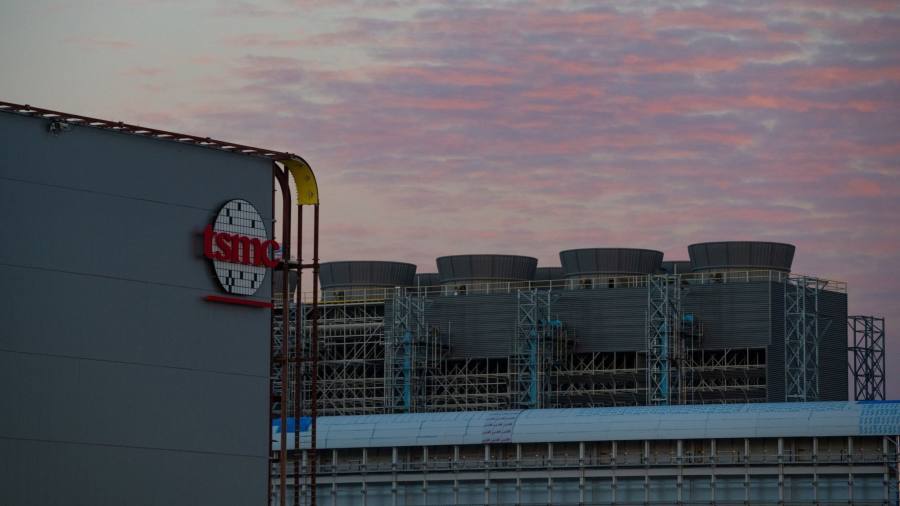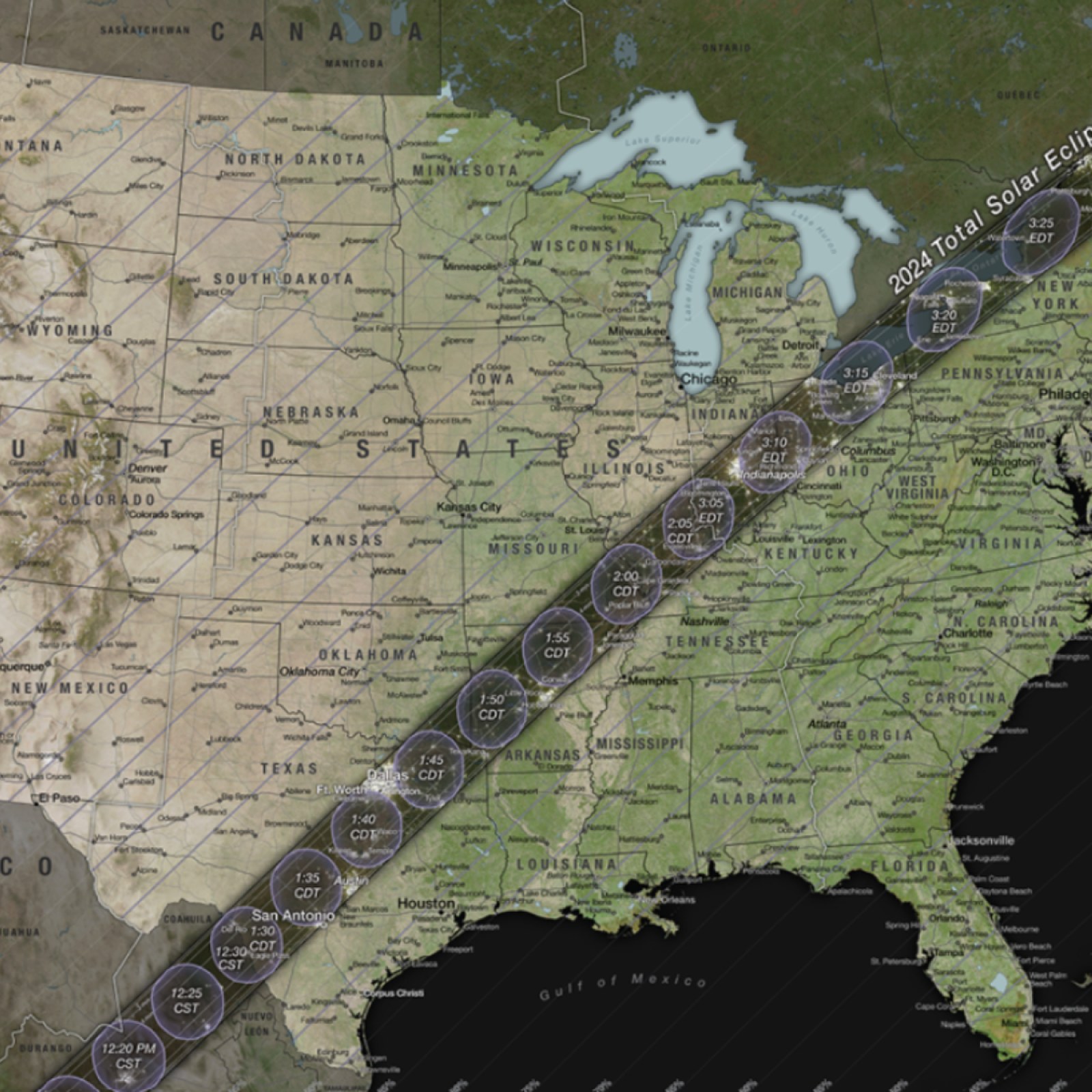TSMC’s US push and chaos in ‘iPhone City’

Hi everyone, I’m Cissy from Hong Kong.
After an unseasonably long summer (where the effects of climate change on the city are becoming increasingly apparent), the weather here turned chilly almost overnight a few days ago. As the year draws to a close, I remember him four years ago on a very cold winter day when he went on a research trip to Foxconn’s Zhengzhou factory. That’s when the world’s largest iPhone assembler actually offered me a job as a production line worker for $1.70 an hour. .
I went there because I had heard that demand for smartphones assembled in a sprawling 1.4 million square meter facility was sluggish and workers were leaving. Factory workers in China tend to quit when opportunities for overtime are scarce because their base salaries are so low.
As a result, Foxconn was desperate for new workers. As I was about to interview employees and recruiters around the facility, one of the former employees seeking re-employment invited me to the facility. Out of curiosity, I joined him in the interview queue. There were few requirements to become a Foxconn production line worker. Applications were welcomed as long as they had been educated between the ages of 16 1/2 and 40 years old, up to the age of 15, and were not educated in Uyghur or Tibetan (as publicly stated in the recruiting company’s advertisement).
After showing the agency my ID and answering a few questions, the recruiter told me I could start training right away and start working right away.
It was a funny experience. If I visit a facility that is desperate for workers today, will they offer me a job as well?
dessert chips
Washington’s efforts to bring significant semiconductor production into the country are bearing fruit. Taiwan Semiconductor Manufacturing Co., the world’s largest contract chip maker, announced this week that it will triple its investment in Arizona, where it is building a $12 billion chip factory, to his $40 billion. The expanded investment will be used to build a second, more advanced facility in the Desert State.
The Arizona facility is TSMC’s first state-of-the-art U.S. factory in over 20 years and will begin producing the world’s most advanced chips as early as the end of 2023, with Apple set to become its most important fab. is. First wave customerNikkei Asia writes Chen Ting FangChip developer Nvidia is expected to follow suit.
Other potential buyers include Advanced Micro Devices (AMD), one of the top US chip makers, and Xilinx, the world’s leading programmable chip developer, which AMD acquired in a $35 billion deal. increase.
President Joe Biden further underscored the importance of TSMC’s new fab to U.S. chip ambitions, attending a ceremony to install the first equipment at its Arizona facility earlier this week.
According to TSMC founder Morris Chang, manufacturing in the US is 50% more expensive than in Taiwan. But Chan, who is considered the father of Taiwan’s chip industry, emphasized his company’s commitment to succeeding in the US. The imminent “death” of globalization and free trade.
Inside “iPhone City”
The world’s largest iPhone assembly plant is slowly closing down after worker protests over a deranged attempt to contain the COVID outbreak halted production for weeks in the factory town of 200,000 in China’s Zhengzhou city. It’s getting back to normal.
But if you look closely Financial Times reporter It was revealed in a series of events from the end of October to the end of November body weakness The way Foxconn, the world’s largest contract electronics manufacturer, and its largest customer, Apple, organized the production of the iPhone.
A major factor behind the massive strikes from factories and violent clashes between factory workers and police were disconnects and misunderstandings between Foxconn and local governments in organizing quarantine and employment.
Similar issues exist between Foxconn and outside partners such as local officials, labor brokers and dormitory managers, contributing to a long series of conflicts with workers in the past.
These incidents changed little in the 15-year history of iPhone assembly operations in China. But the recent turmoil has delayed Apple’s shipment of his iPhone, which industry insiders believe could cause Apple to diversify its assembly operations more quickly.
Transforming the gig economy
Singapore has given major platform operators such as super app provider Grab, food delivery platform Foodpanda and ride-hailing service Gojek A stronger safety net For 73,000 independent contractors in the industry, Nikkei Asia’s Suruga Tsubasa I am writing.
Workers on these platforms are part of the “gig economy.” This is a way of working away from the traditional model of full-time employment in favor of task-based work facilitated online. Gig work is booming in Singapore as demand for ridesharing and food delivery services rises.
By treating drivers and other workers as independent contractors rather than employees, businesses keep costs down, but workers are hardly protected. The government believes this should change, with new regulations due to come into force by the second half of 2024.
BYD’s vision for Japan
China’s BYD is trying to enter the Japanese market, where domestic automakers have been slow to roll out electric vehicles.And the world’s largest EV maker plans to beat rivals Nissan and Tesla domestically About the price.
BYD will launch its first electric passenger vehicle, the flagship mid-size sport utility vehicle Atto 3, starting January 31 in Japan for 4.4 million yen ($32,000). The price is below Nissan’s Ariya and Tesla’s Model 3, which both sell for more than ¥5 million, Nikkei Asia writes. Sayumi Take.
The government has yet to reveal its plans, but if the Japanese government’s subsidies for EVs continue at the same level next year, the price of the Atto 3 could drop further.
Japan is the third largest automobile market in the world, with 4 to 5 million vehicles sold each year. BYD is preparing to open 22 dealerships in Japan starting in January, with a goal of over 100 by the end of 2025.
But Chinese automakers aren’t the only ones seeing an opportunity in Japan’s early shift to electric vehicles: Germany’s Mercedes-Benz opens first store electric car only This week in the port city of Yokohama, Japan.
recommended reading
-
Beijing allows US export control checks on Chinese tech firms (FT)
-
Huawei pushes smartwatches in Japan as US sanctions bite (Nikkei Asia)
-
China’s vision sees ASEAN’s next ‘net-zero industrial park’ (Nikkei Asia)
-
TikTok Expected to Avoid the Worst of a Global Advertising Slowdown (FT)
-
Hate office meetings?Ricoh’s digital room helps break the ice (Nikkei Asia)
-
From agriculture to medicine, Japan’s rural areas make full use of high technology to survive (Nikkei Asia)
-
Covid disruptions at Foxconn’s iPhone factories cut 29% revenue (FT)
-
Japan legalizes urban drone flights: 4 things you need to know (Nikkei Asia)
-
Tim Cook’s charm settles Twitter brawl, but China’s crisis continues (FT)
#techAsia is coordinated by Catherine Creel of Nikkei Asia in Tokyo, with assistance from the FT Tech Desk in London.
sign up here Receive #techAsia every week on Nikkei Asia. Contact information for the editorial team is: techasia@nex.nikkei.co.jp
https://www.ft.com/content/cac1019b-9775-4d5e-b707-5b43242f6bff TSMC’s US push and chaos in ‘iPhone City’



